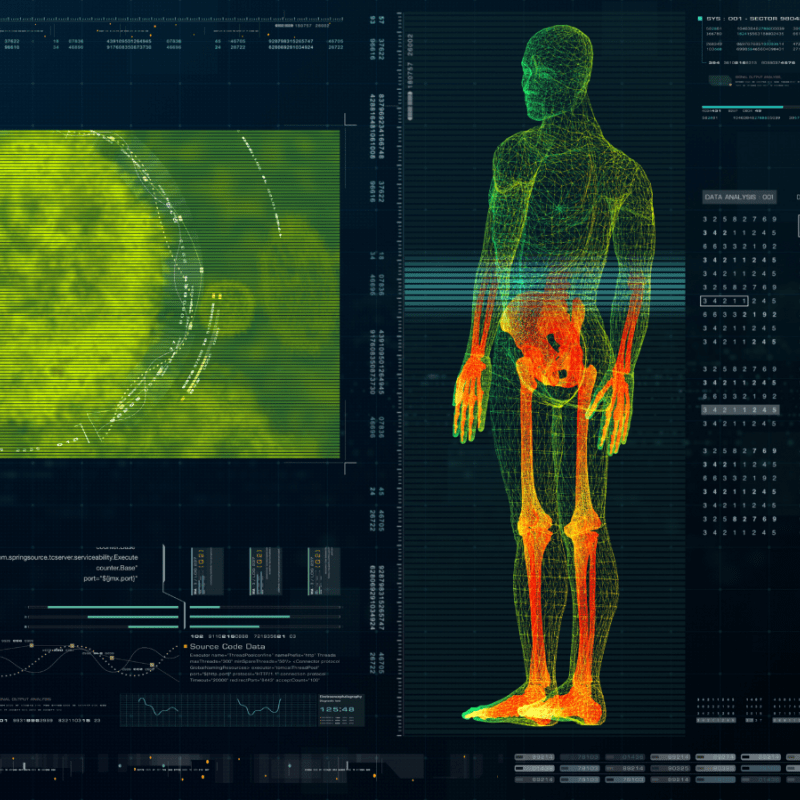
Explore statistical techniques for public health, medical and biological research
Biostatistics/Bioinformatics is an important and emerging research field in statistics with immensely broad applications in public health, medical and biological research. The Bioinformatics/Biostatistics (STAT-BB) concentration addresses the increasing research opportunities and the educational needs of this burgeoning field.
Perfect for...
Students who plan to learn:
- Theories, techniques, methods in epidemiology
- Design, analysis and evaluation of epidemiologic studies
- Causal analysis and control of biases
- Development intervention and prevention strategies
- Presentations of findings in academic journals and conferences
Career Paths
- Academia
- Government
- Private sector
Program Overview
The STAT-BB concentration is administered by the Statistics (STAT) Program within the Mathematics Department. Its faculty includes professors in the STAT Program, in the Department of Epidemiology and Biostatistics (EPIB) and in the Center for Bioinformatics and Computational Biology (CBCB) at UMCP. The program also includes the participation of the Division of Biostatistics and Bioinformatics (DBB) faculty at the University of Maryland School of Medicine (SOM).
A doctoral student must complete a minimum of 36 hours of formal courses (at least 27 at the 600/700 level) with at least a B average (3.0 on a 4.0 scale); at least 18 of the graduate credits must be taken in Statistics. In addition, the University requires at least 12 hours of STAT 899 or EPIB 899 (Doctoral research) given by any participating faculty member as the major advisor.
Ph.D. students must satisfy the Ph.D. qualifying requirements (see below). Full-time students must satisfy all qualifying requirements by the middle of the third year. Part-time students must satisfy all qualifying requirements by the end of the fourth year. If successful in the written examinations, the student must pass an oral exam. Administered by the faculty under this proposed joint program, the oral exam usually takes place a year after the student passes the written examination. This exam serves as a test of the student's in-depth preparation in the area of specialization and research potential. Successful completion of the oral exam indicates that the student is ready to begin writing the doctoral dissertation. In addition, the Department requires a reading competence in one foreign language for the Ph.D. To be admitted to candidacy, the Ph.D. student must pass the written examinations and the oral examination. The final step in completion of the doctoral study for a student is to pass the final oral exam on the dissertation.
The following courses are required:
- STAT 410 Introduction to Probability Theory
- STAT 650 Applied Stochastic Processes
- STAT 700 Mathematical Statistics I
- STAT 701 Mathematical Statistics II
- STAT 705 Computational Statistics
- STAT 740 Linear Statistical Models I
- STAT 741 Linear Statistical Models II (STAT 740 is the prerequisite)
- STAT 770 Analysis of Categorical Data
- STAT 702 Survival Analysis
- STAT 899 or EPIB 899 Doctoral Research (12 credits)
Each student is required to take at least three additional courses in STAT, EPIB or CMSC )with the approval of the Advisory Committee). For students who focus their studies on Biostatistics, it is required to take at least two of the following three courses:
- EPIB 652 Categorical Data Analysis
- EPIB 653 Applied Survival Data Analysis
- EPIB 655 Longitudinal Data Analysis
Students interested in bioinformatics will complete the required coursework and can select specialized courses such as CMSC 423 Bioinformatic Algorithms, Databases and Tools; CMSC 701 Computational Genomics or CMSC 702 Computational Systems Biology. Interested students can then select a faculty advisor with expertise in computational biology. Interested students will be expected to have a solid background in computer science for this option.